Alan King
Research Software Developer
iRODS Consortium

July 14, 2021
Data Aware Student Visit
Virtual Event
iRODS Overview
iRODS Overview

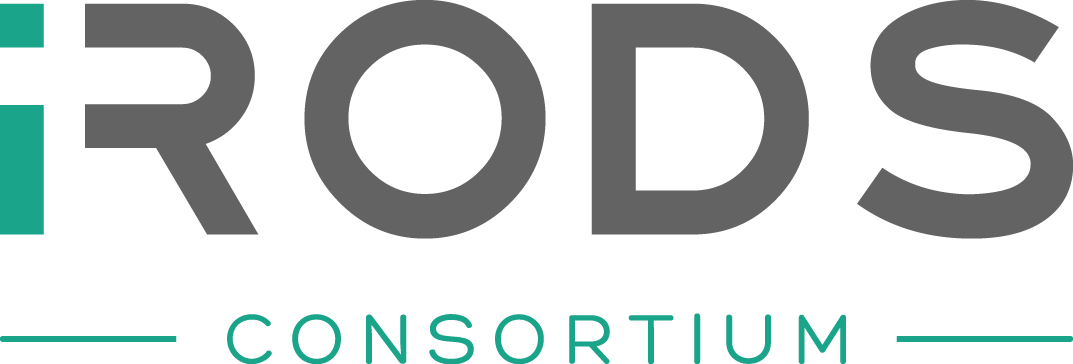
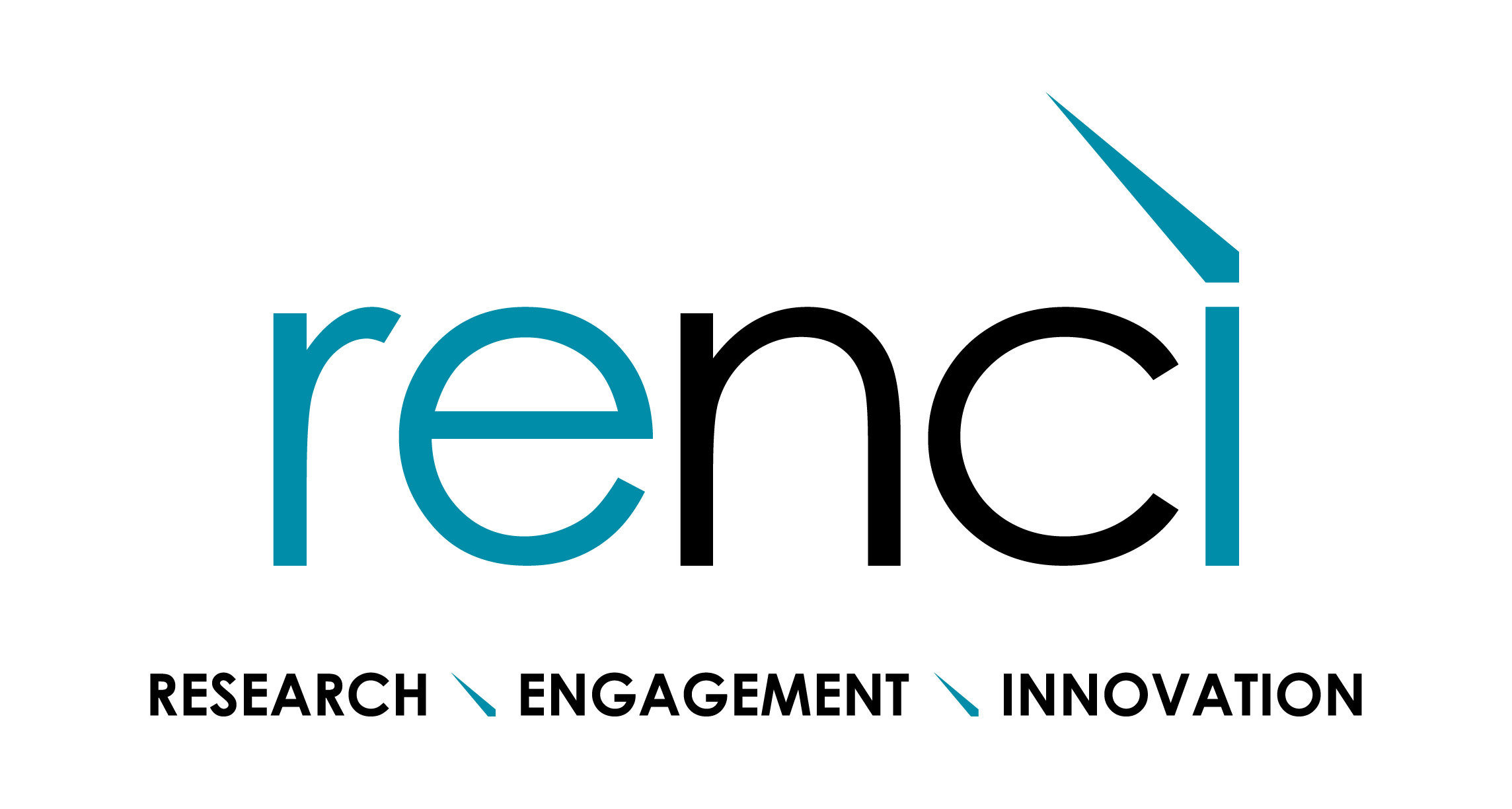

The iRODS Consortium

Our Mission
- Continuous Improvement
- Grow the Community
- Standardization
- Show value to our Membership
The iRODS Consortium

Our History
- Founded in 2013 by RENCI, DICE, and DDN
- Accepted the code base in 2014
- Forty one releases of iRODS to date
Our Membership

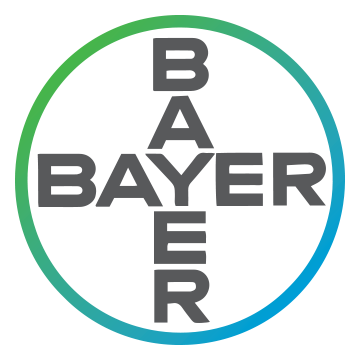

















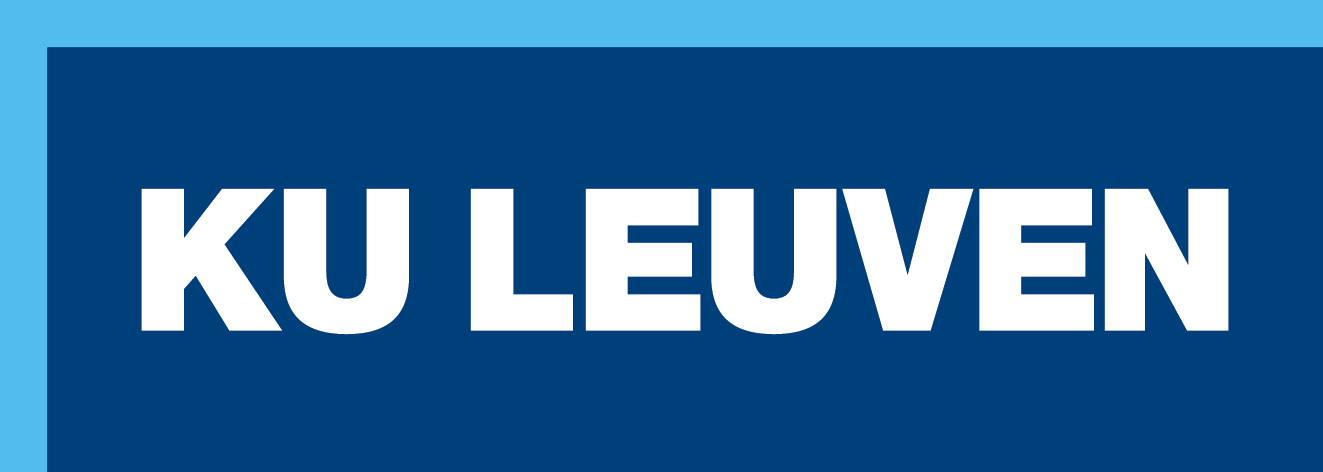
Consortium
Member
Consortium
Member
Consortium
Member
Consortium
Member





Consortium
Member
Why use iRODS?

People need a solution for:
- Managing large amounts of data across various storage technologies
- Controlling access to data
- Searching their data quickly and efficiently
- Automation
The larger the organization, the more they need software like iRODS.
iRODS as the Integration Layer
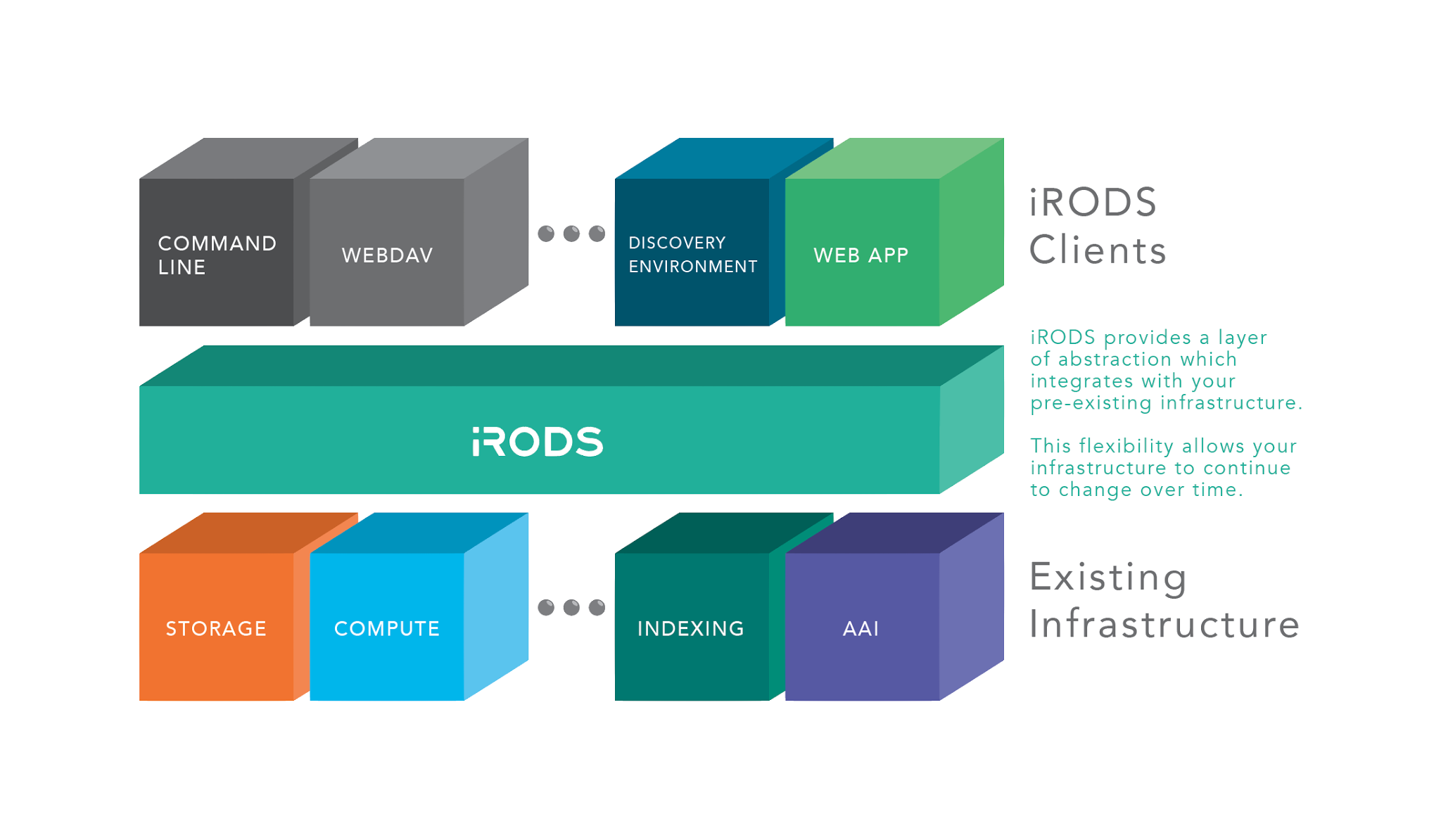

The iRODS Data Management Model

Core Competencies
Policy
Capabilities
Patterns

iRODS Core Competencies
The underlying technology categorized into four areas
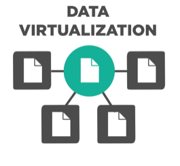
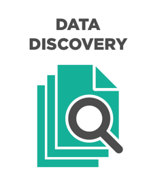
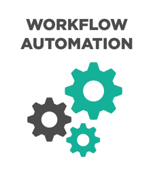
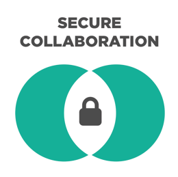


Data Virtualization

Combine various distributed storage technologies into a Unified Namespace
- Existing file systems
- Cloud storage
- On premises object storage
- Archival storage systems
iRODS provides a logical view into the complex physical representation of your data, distributed geographically, and at scale.


Projection of the Physical into the Logical
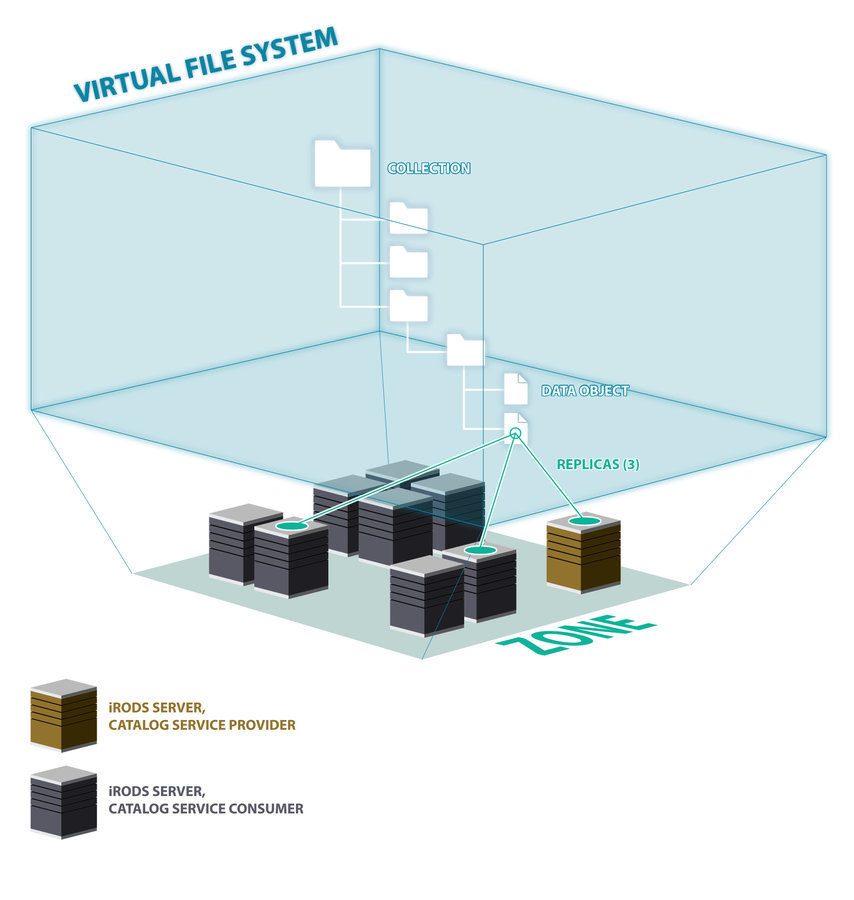
Logical Path
Physical Path(s)

Data Discovery
Attach metadata to any first class entity within the iRODS Zone
- Data Objects
- Collections
- Users
- Storage Resources
- The Namespace
iRODS provides automated and user-provided metadata which makes your data and infrastructure more discoverable, operational and valuable.



Workflow Automation
Integrated scripting language which is triggered by any operation within the framework
- Authentication
- Storage Access
- Database Interaction
- Network Activity
- Extensible RPC API

The iRODS rule engine provides the ability to capture real world policy as computer actionable rules which may allow, deny, or add context to operations within the system.


Secure Collaboration
iRODS allows for collaboration across administrative boundaries after deployment
- No need for common infrastructure
- No need for shared funding
- Affords temporary collaborations
iRODS provides the ability to federate namespaces across organizations without pre-coordinated funding or effort.



- Packaged and supported solutions
- Require configuration not code
- Derived from the majority of use cases observed in the user community








iRODS Capabilities


The Data Management Model



Questions?

Data Aware Student Visit - iRODS Overview
By iRODS Consortium
Data Aware Student Visit - iRODS Overview
- 1,816

